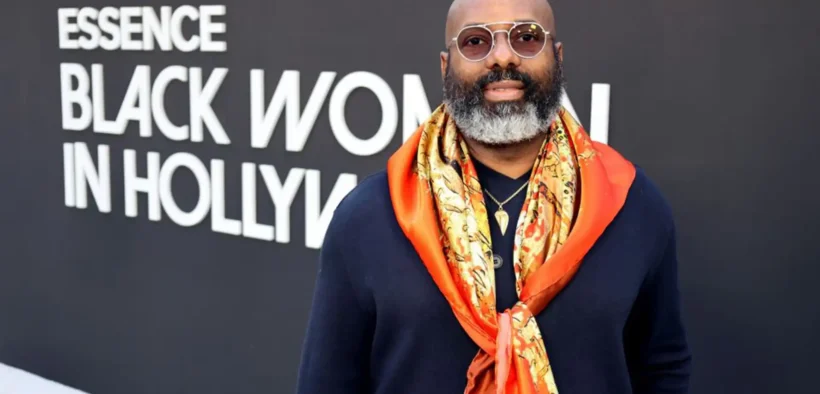How Richelieu Dennis Built a Billion-Dollar Beauty Brand by Putting Culture and Community First
Share

Richelieu Dennis is best known as the founder of Sundial Brands, the parent company behind household names like SheaMoisture and Nubian Heritage. But his impact reaches far beyond the beauty aisle.
A Liberian immigrant turned entrepreneur, Dennis has built a legacy that blends enterprise with equity, scaling culturally rooted brands while reshaping the conversation around ownership, representation, and inclusive economic growth.
From Crisis to Creation
Dennis arrived in the United States from Liberia amid political unrest. As a student at Babson College, he began selling shea butter formulations based on recipes developed by his grandmother, a village entrepreneur in West Africa.
After graduation, Dennis, along with his mother, Mary Dennis and longtime friend Nyema Tubman, formalized the business. Sundial Brands was born, its mission clear: to serve underserved communities with culturally relevant, ethically sourced personal care products.
Building a Billion-Dollar Business with a Social Mission
Under Dennis’s leadership, Sundial grew from a small-scale operation into a major player in the beauty industry, leveraging a direct-to-consumer model before it was commonplace.
The company’s flagship brand, SheaMoisture, earned consumer loyalty by centering the needs of Black and multicultural consumers groups often overlooked by mainstream beauty conglomerates.
In 2017, Richelieu Dennis oversaw Sundial’s acquisition by Unilever in a landmark deal reportedly valued at $1.6 billion. But the transaction wasn’t a traditional exit.
Dennis negotiated to remain CEO and structured the sale to include the establishment of the New Voices Fund, a $100 million initiative to support women-of-colour entrepreneurs with capital, mentorship, and business development resources.
At the time, Dennis emphasized that the goal wasn’t simply liquidity—it was legacy. “This wasn’t about selling out,” he said. “It was about scaling up, while ensuring that our mission and our community, remained at the center.”
Restoring Black Media Ownership
In 2018, Richelieu Dennis made headlines again when his holding company, Essence Ventures, acquired Essence Magazine from Time Inc., returning the storied publication to full Black ownership for the first time in decades.
He didn’t stop there: he granted equity stakes to Black women on the executive team, signaling a tangible commitment to inclusive leadership.
The acquisition underscored Dennis’s broader philosophy, that ownership of cultural platforms is essential to shaping narratives and building generational wealth. “When we control the storytelling, we control the future,” he noted in an interview shortly after the deal.
Expanding His Vision
Dennis’s impact has since expanded into media, venture capital, and economic development. The New Voices Fund has invested in dozens of Black-women-led startups, while Essence Ventures continues to explore new opportunities to support Black-owned enterprises.
Most recently, Dennis confirmed plans to acquire Revolt, the media company founded by Sean “Diddy” Combs further cementing his position at the intersection of culture, capital, and commerce.
In parallel, Dennis established the Social Mission Board, a global initiative dedicated to scaling the principles of “Community Commerce”—a model that prioritizes fair trade sourcing, profit-sharing, and local reinvestment. Sundial was one of the first major beauty companies to implement this framework across its supply chain.
Throughout his career, Richelieu Dennis has consistently challenged conventional business models. He advocates for inclusive capitalism—where economic growth is measured not just by profit margins, but by who benefits from that growth.
“True success means building institutions that outlive us, that redistribute opportunity, and that are designed to serve more than just shareholders,” Dennis has said.
Today, as the demand for ethical business practices and inclusive leadership continues to shape the corporate landscape, Richelieu Dennis stands out not only for his financial success, but for his unwavering commitment to redefining what business can and should look like.

















